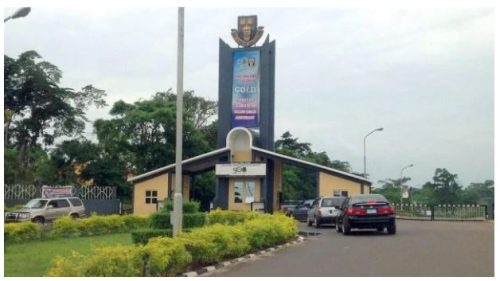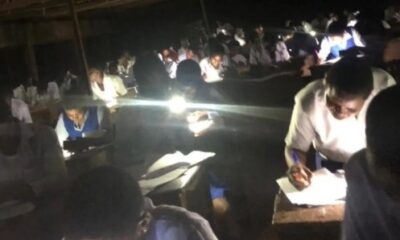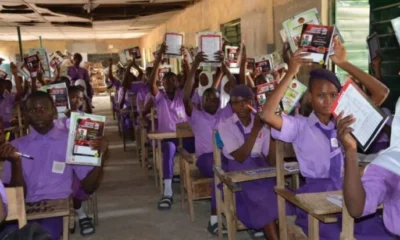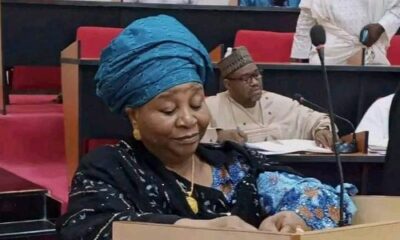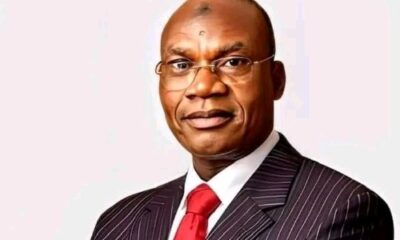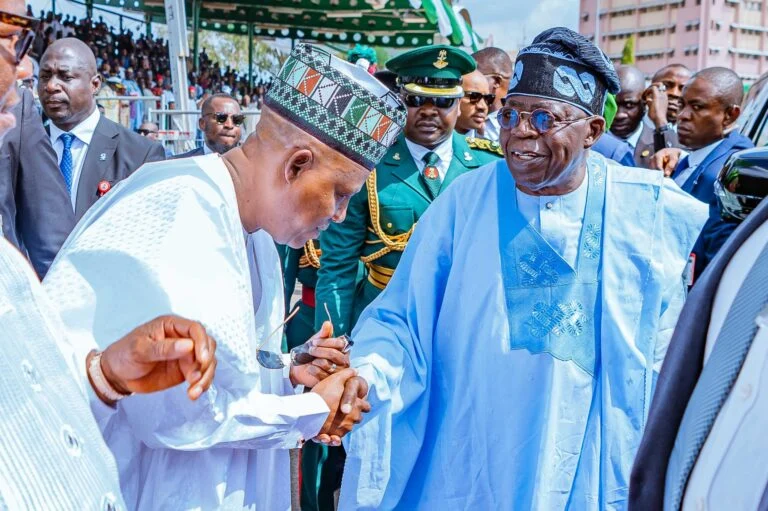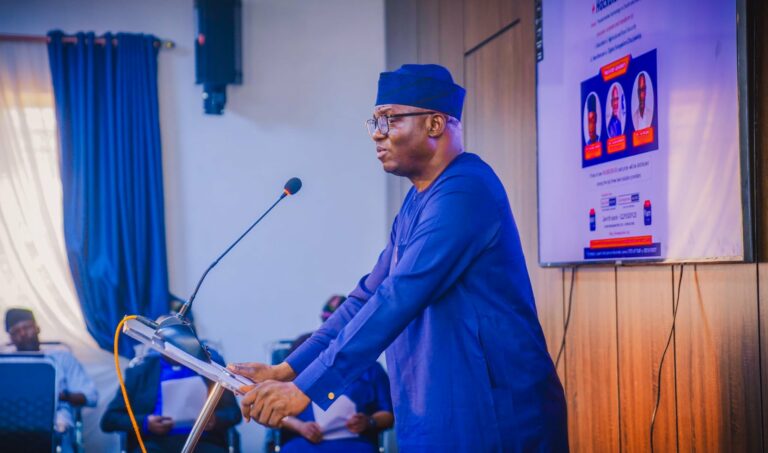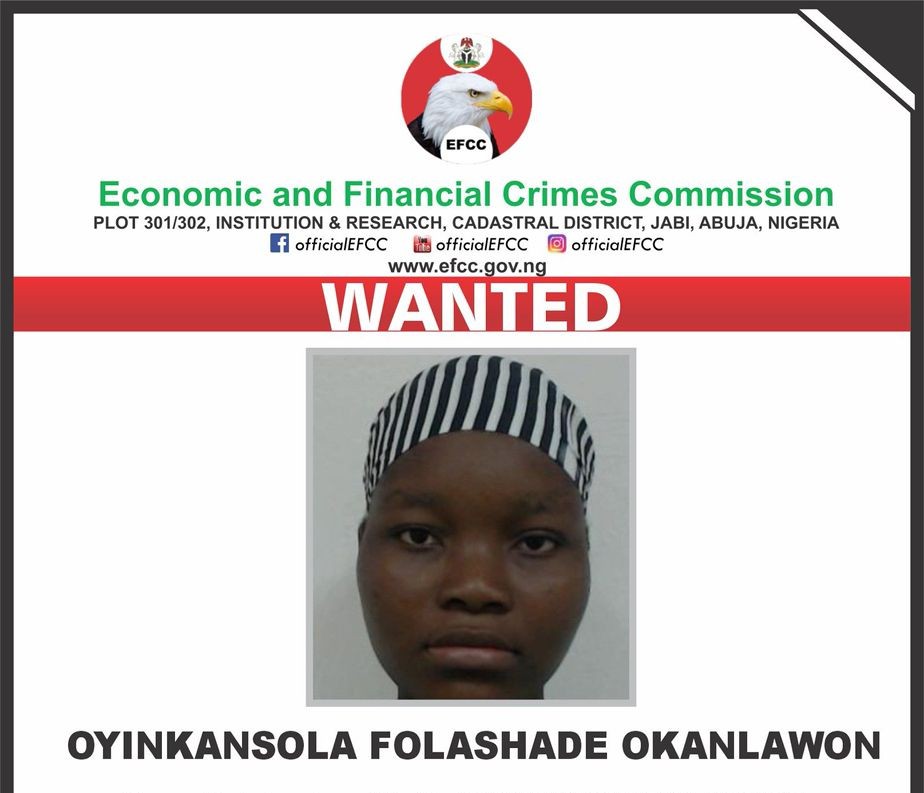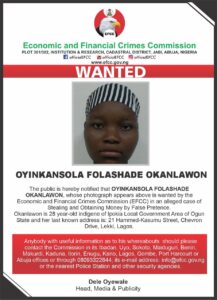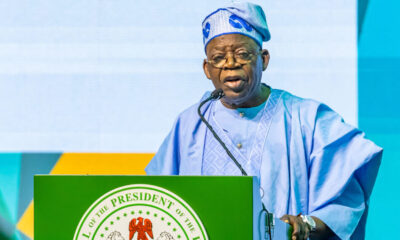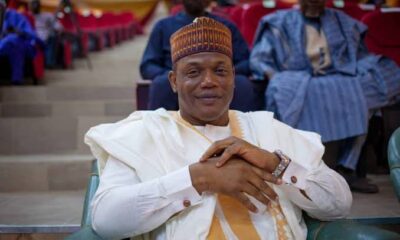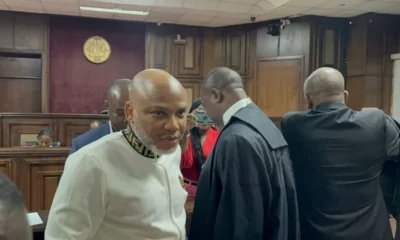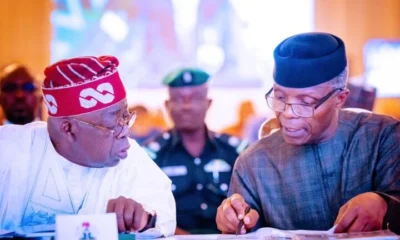The protesters argued that an Ife indigene should have been appointed.
Determined to ensure the installation of an Ile-Ife indigene as the next OAU VC, some indigenes invaded the varsity’s campus with charms and other fetish objects on Monday.
They also closed the varsity’s two major gates, thereby preventing staff, students, and other stakeholders from either coming into or leaving the University.
The protests by the Ife indigenes started last Thursday, March 17, 2022, shortly after the University Governing Council, led by its Chairman, Owelle Oscar Udoji, announced a professor of Agricultural Economics, Bamire, as the 12th substantive VC.
The protesters, who initially blocked the main gate of the University on the first day and threatened staff and students to stay away from campus, allegedly became violent the second day as they beat up workers, particularly the staff of the Security Unit, and vandalized their office at the Main Gate.
Some of the security workers were reportedly be taken to the University’s Health Centre for treatment.
On Monday, March 21, 2022, the protest took another dimension as the protesting indigenes blocked the two major gates as early as 6: 00 am, entering the campus with charms, and other fetish items.
Videos that surfaced online showed the protesters assembled at the motion ground of the University Secretariat, dressed in all-white spiritual traditional attire, chanting incantations and performing rituals.
OAU Reacts
A release by the Public Relations Officer of the University, Abiodun Olarewaju, stated that the Joint Council and Senate Selection Board shortlisted 16 candidates for the interaction for the post of Vice-Chancellor.
He noted that the candidates, whose names were arranged in alphabetical order, were called in for interaction and each was scored by each member of the selection board.
According to him, the score sheets of each assessor for individual candidates were dropped into an envelope and sealed with the signature of the Chairman of Council on each one.
The statement added, “At the end of the interaction, the sealed envelopes were opened one after the other and announced to all the members. The score sheets were thereafter passed around for sighting. Then, the scores of the candidates were collated with Microsoft Excel and ranked from the highest to the lowest.
“The candidate with the highest score was eventually announced as the Vice-Chancellor by the Governing Council.
“For the avoidance of doubt, no member of the Board had foreknowledge of each candidate’s score before the final collation at the end of the interaction.
The University is aware of the false presentation of the alphabetical arrangement of the applicants as the authentic list of applicants’ performance where unfounded allegations have been made of changing the “leading” candidate.
“The University hereby affirms that due processes were followed and merit was the basis for the appointment of the new Vice-Chancellor.
“The University Management implores the leadership of Ile- Ife to please call these protesters to order so that the cordial relationship, which has been in existence, between the University and the Ile- Ife communities is not jeopardized.”





